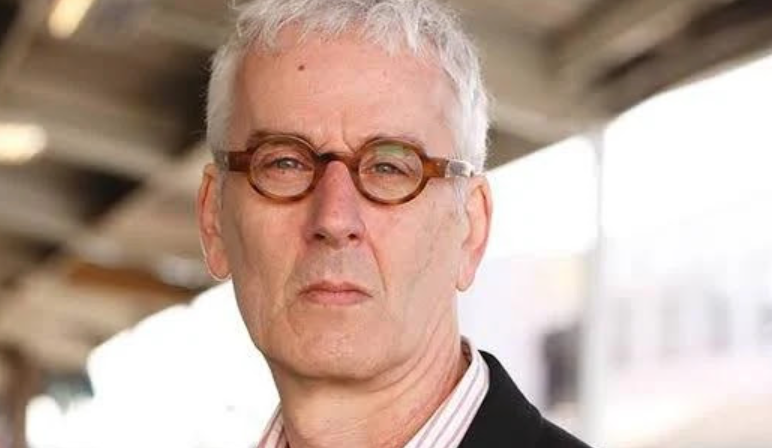The academic and intellectual communities are mourning the profound loss of Joshua Clover, a distinguished professor at the University of California, Davis, whose unexpected passing has sent shockwaves through the world of critical theory, English, comparative literature, and Marxist scholarship. Clover’s death marks the end of a career defined by fearless inquiry, rigorous scholarship, and an unwavering commitment to the transformative power of radical thought.
Joshua Clover was more than an accomplished academic; he was a force. His career bridged multiple disciplines, weaving together threads of political economy, poetry, literature, and revolutionary theory into a body of work that not only challenged conventional wisdom but reshaped fields. As a faculty member at UC Davis and the School of Materialist Research, Clover’s impact was expansive — his name now forever etched in the history of the disciplines he so passionately helped evolve.
Born with a keen intellect and a rebellious spirit, Clover quickly made his mark in academia. His early work gained attention for its bold fusion of poetic sensibility and rigorous Marxist analysis. Through landmark publications like Riot. Strike. Riot: The New Era of Uprisings, Clover offered incisive analyses of capitalism’s crises, labor struggles, and the shifting terrains of resistance in the modern world. His writing was dense yet vibrant, challenging yet rewarding, making him both a revered and at times polarizing figure — exactly as he intended.
At UC Davis, Clover was a mentor and a beacon for countless students, many of whom credit him with not just shaping their academic paths, but altering the way they saw the world itself. His courses, often blending radical political theory with literary and cultural critique, were legendary for their intensity, their depth, and their transformative impact. Clover was known for demanding the best from his students while offering them a vision of scholarship as an act of defiance, hope, and solidarity.
Colleagues remember him as fiercely intelligent, unapologetically radical, and deeply committed to the communities and movements he studied and participated in. His involvement with the School of Materialist Research reflected his dedication to creating spaces for critical inquiry that pushed beyond traditional academic boundaries — spaces where scholars could rethink the world in the service of changing it.
Beyond the classroom and the written page, Clover was a poet of considerable skill, with works published widely in literary journals and collections. His poetry, much like his theoretical work, was steeped in political urgency, intellectual rigor, and a profound sensitivity to the contradictions of modern life. To those who knew him best, Clover was a living embodiment of the idea that thought and action, scholarship and struggle, art and revolution, must always be intertwined.
Tributes have poured in from across the world — from scholars, activists, poets, and students — each reflecting on Clover’s profound influence. His writing inspired new generations to think critically about capitalism, race, state violence, and the future of collective life. His loss is felt as a rupture not just in the academy, but in every space where critical engagement and transformative dreams find expression.
“Joshua Clover challenged us — relentlessly, brilliantly — to confront the world as it is, and to imagine the world as it could be,” wrote a former student. “He taught us that critique is not a hobby but a necessity. That solidarity is not just an idea but a practice. His loss is immeasurable.”
As the academic community grapples with the shock of his passing, many are vowing to carry forward his intellectual and political legacy. Conferences, memorials, and special journal issues are already being planned to honor Clover’s contributions and to ensure that his ideas continue to inspire resistance and hope for generations to come.
In the classroom, in his writing, and in the movements he supported, Joshua Clover insisted that another world was not only possible, but necessary. He leaves behind a body of work that will continue to educate, challenge, and inspire — and a community determined to keep his radical spirit alive.
Joshua Clover’s name will forever stand among those who dared to think and act beyond the horizon of the given world. His passing leaves an immense void, but also a vibrant legacy — one that reminds us, even in mourning, that struggle, imagination, and solidarity are enduring acts of love.
He is survived by family, colleagues, friends, students, and a world of readers forever changed by his vision.
Rest in power, Joshua Clover.

No Responses